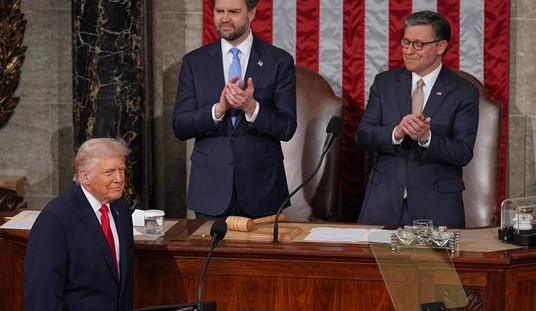Big Tech is facing a reckoning of epic proportions it would seem. While former President Donald Trump is leading the charge on a class action lawsuit seeking punitive damages from Facebook, Twitter, and Google for de-platforming him, an anti-trust lawsuit is also bubbling up against Google that has the support of 36 states and the District of Columbia.
The piper is demanding payment.
The suit, filed in California federal court and led by Utah, North Carolina, Tennessee, New York, Arizona, Colorado, Iowa and Nebraska, is the latest in a series of major antitrust cases filed against the tech industry’s biggest forces, after years of brewing unhappiness with the growing wealth and power of Silicon Valley.
…
In addition to Wednesday’s suit, Google also faces a suit that the Justice Department and 14 states filed in October, focused on Google’s efforts to dominate the mobile search market; one from 38 states and territories filed in December, also focused on search; and a third suit by 15 states and territories related to Google’s power over the advertising technology.
Trump’s lawsuit is bit more personal.
The cases rest on the claim that Trump’s free speech rights are being denied by these companies. Additionally, in the complaint against Google CEO Sundar Pichai and subsidiary YouTube, Trump and his fellow plaintiffs ask for a declaration that Section 230 of the Communications Decency Act — which shields social media companies from liability — is unconstitutional. They reason that Congress cannot lawfully encourage private persons to censor speech if Congress is constitutionally forbidden from doing the same thing.
Trump is right that it’s generally unconstitutional for a state actor to suppress his speech, since the First Amendment states that “Congress shall make no law … abridging the freedom of speech, or of the press.” But social media companies are not Congress, or any other state actor. They are private companies. And private companies cannot violate the First Amendment. Instead, they may have their own First Amendment rights that could be violated by the state.
Whatever one makes of the legal merits in any of these cases, the general acceptance that Big Tech has become a potentially negative force wielding far too much power seems to have taken hold. Legislators and everyday Americans are pushing these companies from both sides asking for damages and regulations to reign them in. As the old saying goes: if it’s everyone, it’s you. And it just might be you, Big Tech.
I talk about that on today’s show, and offer some thoughts on the fun summer blockbuster “Tomorrow War” (trailer below) by comparing it to the preferred CCP summer blockbuster, “1921” (trailer also below).
The ideological divisions are playing out on the big screen for us all to see.
Let me crawl into your ears and tell you about it on your commute home.
The show lives on Spotify and you can also find me at iHeartRadio, Apple Podcasts, FCB Radio’s Spreaker, and Deezer.














Join the conversation as a VIP Member